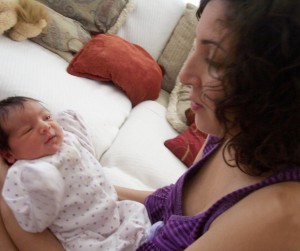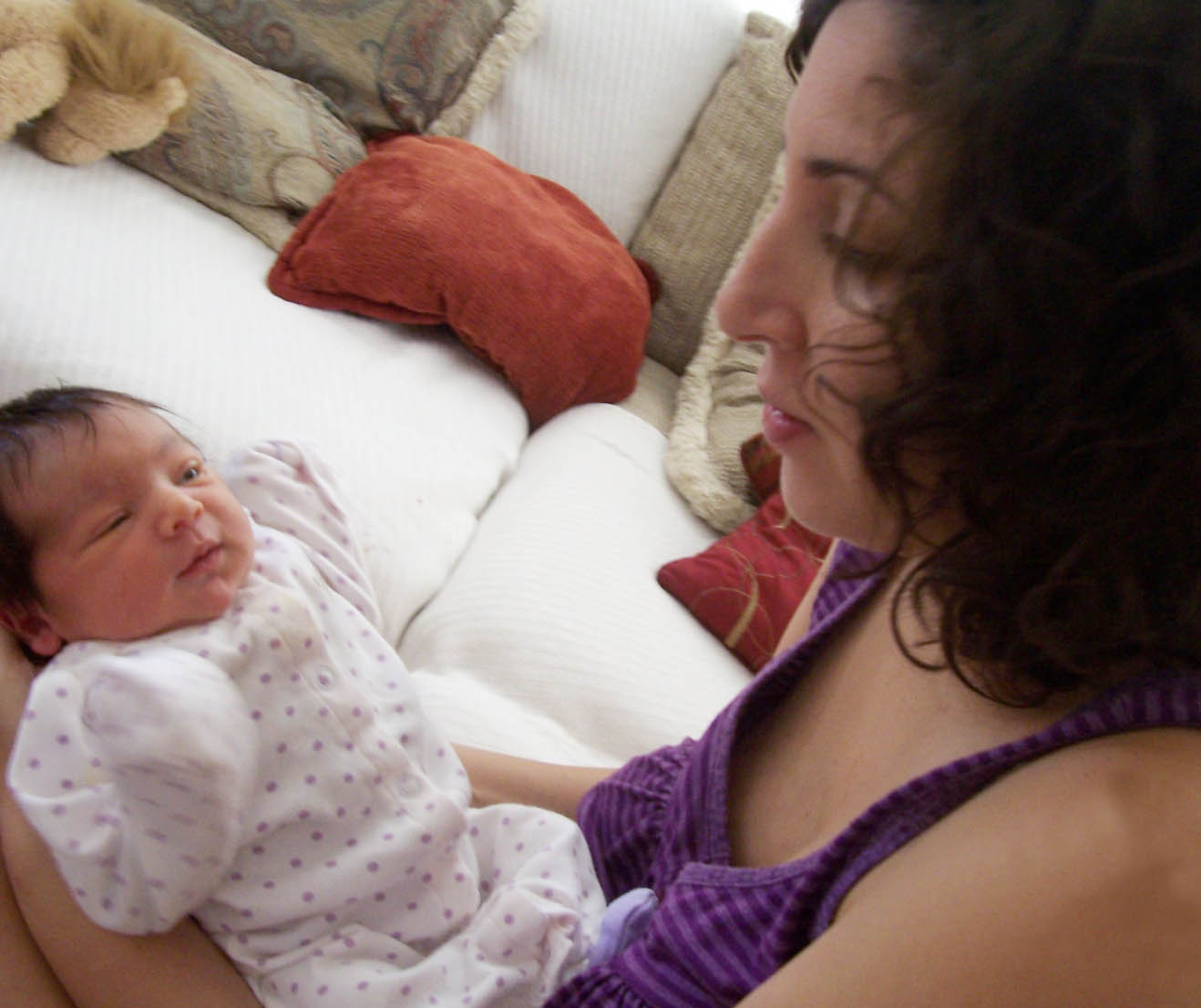 Most children enter the world in a hospital room in Egypt, surrounded by their parents and medical staff. Midwives may work in rural Egypt but seldom practice in the larger cities where doctors rule supreme in the delivery rooms. With the influx of alternative approaches to healing a new profession is introduced to Egypt: the Doula.
Most children enter the world in a hospital room in Egypt, surrounded by their parents and medical staff. Midwives may work in rural Egypt but seldom practice in the larger cities where doctors rule supreme in the delivery rooms. With the influx of alternative approaches to healing a new profession is introduced to Egypt: the Doula.
The Greek word doula literally means ‘a woman who serves’. It is an accurate description of what a Doula does; she assists a woman mentally, emotionally and physically through the process of labour and birth. Doulas are relatively new to Egypt, but are quite common in the western world. “I know of two Doulas in Cairo and one in Alexandria,” Rena Sassi, homeopath and Doula, says. “I usually have to explain what it is I do.Most women react positively once they understand the concept though and often remark that they wished they had a Doula during their labour.”
“A Doula’s most important task is to protect and support the woman during the birthing process,” Sassi explains to the Daily News Egypt. “The husband is very emotionally involved while the hospital staff is approaching the labour and delivery from a practical and medical standpoint. My job is to create a space where the woman can do what she is naturally predisposed to do – bring her child into the world.”
“Giving birth is arguably the most natural biological process in the world, yet in modern times is often treated as we would a disease,” according to Sassi. “A Doula’s job is to ensure that, with all medical support is available if needed, the labour and delivery happen naturally and in the way the mother wants. A woman in the middle of labour is busy and preoccupied so she relies on her Doula to speak for her if needed.”
Sassi meets with her prospective clients a few weeks before the delivery is expected. “During our first meeting we discuss the kind of delivery she ideally would like to have and that will serve as the basis for my work. I then block off a period of four weeks around the due date and we keep in contact as the time draws closer. I have a bag packed and am ready to go whenever the call comes,” Sassi describes.
When asked about the reaction of the doctors she has encountered in her work, Sassi says: “At first doctors often react defensively, thinking I will interfere medically and they are resistant to suggestions I may make. I have worked with medical professionals that either know me or have had training in the West, and are used to Doulas, and they are more welcoming.”
The prospective fathers are usually more open to her presence Sassi claims, “it may have to do with the Egyptian culture as well – birthing is still considered more of a woman’s affair. That does not mean the husbands are not supportive, but once their partner is dealing with contractions and such they often welcome the support a Doula can give.”
Sassi became interested in working as a Doula after having her own two children. “I want to work as a midwife and until I receive that training it seemed like a logical first step to work as a Doula. I am fascinated with the process of birth and believe it is the most powerful thing a woman can do. Giving birth is almost like being suspended between dimensions, it was the most amazing, painful but empowering experience of my life.”
Sassi plans to leave Egypt at the end of the year to become a licensed midwife but is positive she will return. “When I come back I want to train others to become midwives and Doulas besides practicing myself. I believe there is a need for these professions in Egypt and am excited to be a part of establishing a service that will bring the birthing process back to the natural occasion it is.”




